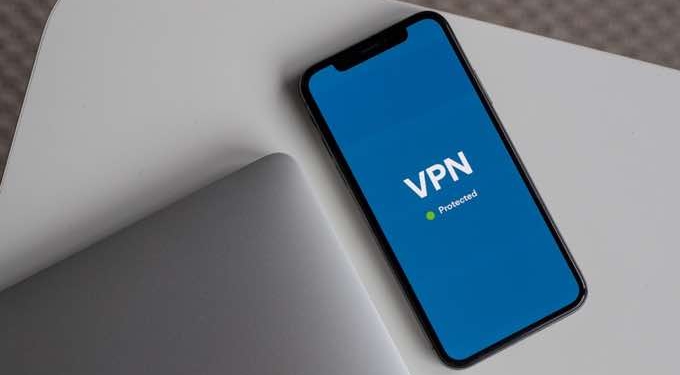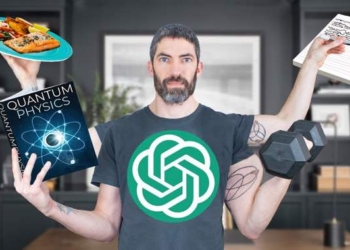Virtual Private Networks, or VPNs as they are more commonly known, are becoming more and more popular amongst internet browsers. There are a variety of reasons as to why an individual may use a VPN, such as accessing better streaming content that may have been previously unavailable in their location, or accessing social media which may have been blocked in certain countries. However, one of the most popular reasons for using a VPN is to maintain anonymity whilst browsing, and keep privacy protected.

A VPN is a network which allows you to browse the internet whilst connected to a public, insecure network, whilst still maintaining privacy. Almost all VPN tools have extremely complex mathematical algorithms, which help to encrypt your data, and make it nearly impossible to intercept. If you are someone who works from home often, and sends data to and from an office via the internet, if both ends are not encrypted then the data is considered vulnerable. Using a VPN will help to protect yourself from having this data intercepted, which is why many businesses and home owners are no considering investing in a VPN service.
Another feature of VPNs nowadays is that they are portable. You can attach a VPN to your laptop or mobile device, and take it with you when you go away. The places where you are most vulnerable to a cyber attack are on public Wi-Fi points, such as in airports, hotels or even coffee shops, so having a portable VPN can be extremely useful, as it can encrypt the data sent between your laptop or mobile device and the internet gateway, such as a Wi-Fi point in a coffee shop. In basic terms, a VPN will create a tunnel, that prevents hackers and internet service providers from seeing your messages, emails and downloads, as well as anything else that you may send over a network.
A VPN can encrypt your entire web session. This is very useful in the modern age, with online banking becoming more and more popular, making it safer for you to do so. A VPN will also compress all of the traffic on the server, before it comes to you. This is known as Bandwidth Compression, and allows you to have more access to your data. Not only does a VPN provide you with more privacy, it will also grant you access to a wider variety of multimedia content on the internet, such as BBC iPlayer, and different iterations of Netflix. As mentioned earlier, certain governments have also taken it upon themselves to ban certain types of social media, so using a VPN can allow you to communicate with friends or family more easily, should you be visiting one of these countries. Also, the big one, privacy. A VPN will grant you a new IP address, which will help to improve your internet security, and make it near impossible for your browsing history or search history to be tracked by hackers or internet service providers.
Public internet connections
When browsing on public internet connections, your personal information is technically in the public domain, making it easy for people to access. There have been numerous cases of data security breaches, and you definitely don’t want your personal data getting into the wrong hands. An unprotected internet connection can be dangerous, meaning that more and more experts are recommending the use of a VPN, in order to protect and encrypt your internet transmissions. Many people will continue to browse the internet without using a VPN. This is incredibly dangerous in the modern era, and anyone with the right knowledge and tools will be able to fairly easily access your personal data. They’ll have access to any comments you may make on social media websites, to passwords that you enter, and any mobile banking information.
For this reason, it is recommended that you invest in a VPN service. Even if you assume that you have nothing to hide, or nothing that anyone may want; personal information, such as your name, age and address are valuable to certain hackers, all of which they would be able to acquire if you aren’t using a VPN. Certain advertisers may use this information to send you targeted ads, however there are people out there who will use your browsing history and information for something far more sinister. VPNs are becoming increasingly popular on mobile devices, such as mobile phones and tablets, and both Apple and Android even have the software built in to their handsets now, making it easier than ever to install a VPN. If you are someone who often connects to public Wi-Fi access points, or you use your laptop to share personal information, important business e-mails, or online banking, then using a VPN is definitely recommended. VPNs are generally fairly cheap, depending on the company you decide to give your business to.

On that note, how do you know which VPN software is the best for you? Well, many of them offer free trials, and making the most of these would be a wise decision. They do the same thing, although are slightly different in their interface, customisation and other aspects as well. Being sure that you are happy with your choice is key, and will benefit you in the long run. Many of the free VPN companies have been reportedly farming and distributing users’ personal data, which is one of the key things we are trying to avoid, so staying clear of these is probably for the best.
In brief, a VPN can be an extremely useful tool, not only for accessing more content on the media, but al for maintaining anonymity, and privacy whilst browsing. Especially when connected to public Wi-Fi points, and dealing with sensitive personal information online.

















